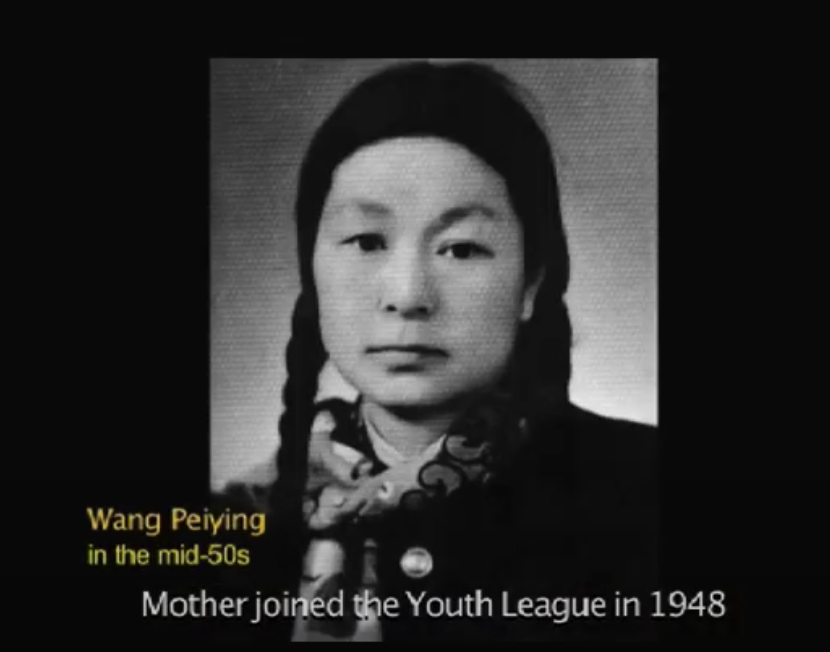
My Mother Wang Peiying
On January 27, 1970, Wang Peiying, a cleaner at a kindergarten in Beijing, was sentenced for counter-revolutionary crimes at a 100,000-person public trial held at the Workers' Stadium in Beijing. She was then taken to the execution ground along with a dozen other political prisoners to be executed by firing squad. Wang Peiying was strangled to death in the torture wagon because she preferred to die rather than give in and shout slogans. Forty years later, her daughter, Kexin, began to search for her mother's story. Through her mother's coworkers, friends in distress, and the task force, she gradually discovers her mother's experience as an active counterrevolutionary. In order to protect her conscience, Wang Peiying chose to stand up for her dignity and freedom to tell the truth, and willingly endured brutal torture. The documentary reflects the brutality of the Cultural Revolution and the destruction of humanity.
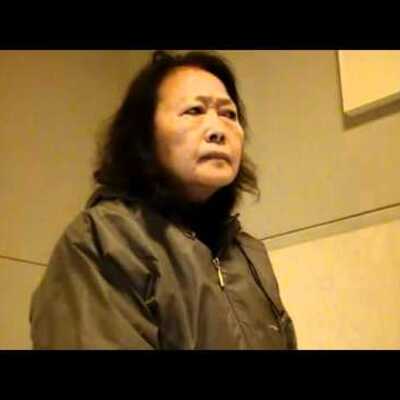
Working Toward a Civil Society (Episode 44): Liu Qian
How can China build a true civil society? Independent director Tiger Temple has conducted a series of interviews with scholars and civil society participants since 2010.
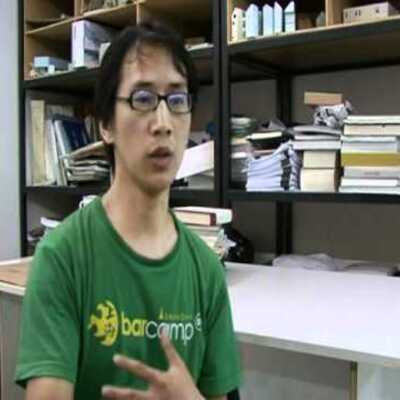
Working toward a Civil Society (Episode 21): Zhou Shuguang
How can China build a true civil society? Since 2010, independent director Tiger Temple has conducted a series of interviews with scholars and civil society participants.
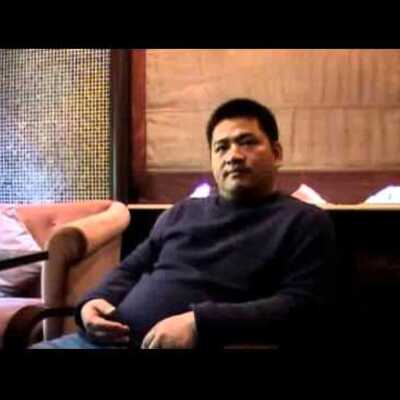
Working toward a Civil Society (Episode 35): Wei Yingjie
How can China build a true civil society? Since 2010, independent director Tiger Temple has conducted a series of interviews with scholars and civil society participants.

Care and Love
This film records the story of Liu Xianhong, a woman from rural Xingtai, Hebei, who contracted AIDS through a blood transfusion in the hospital and decided to publicly disclose her identity and sue the hospital. After fighting in the courts, she finally received compensation. This documentary demonstrates the surging awareness of civil rights in rural China at the grassroot level through depicting the experiences of several families and the concerted efforts of patients to form “care” groups to collectively defend their civil rights. Due to public awareness, media intervention, and legal aid, the government also introduced new policies to improve the situations of patients and their families.
This film is in Chinese with both English and Chinese subtitles.
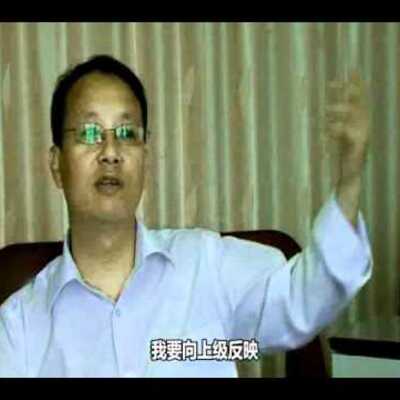
Working toward a Civil Society (Episode 11): Liu Xiaoyuan
How can China build a true civil society? Since 2010, independent director Tiger Temple has conducted a series of interviews with scholars and civil society participants.
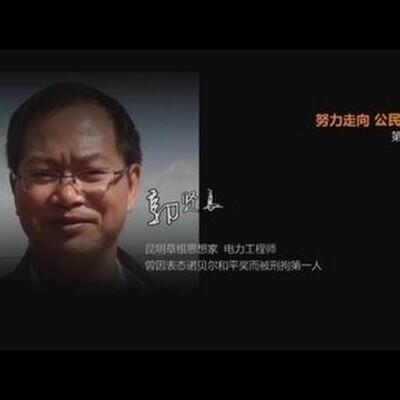
Working toward a Civil Society (Episode 46): Guo Xianliang
How can China build a true civil society? Since 2010, independent director Tiger Temple has conducted a series of interviews with scholars and civil society participants.
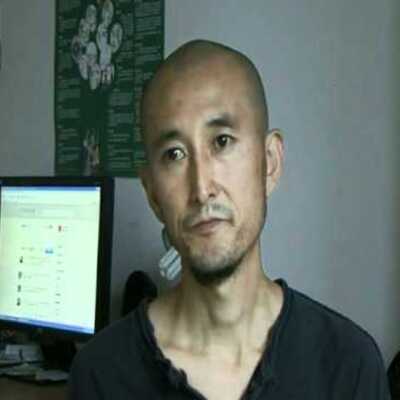
Working toward a Civil Society (Episode 26): Yang Licai
How can China build a true civil society? Since 2010, independent director Tiger Temple has conducted a series of interviews with scholars and civil society participants.
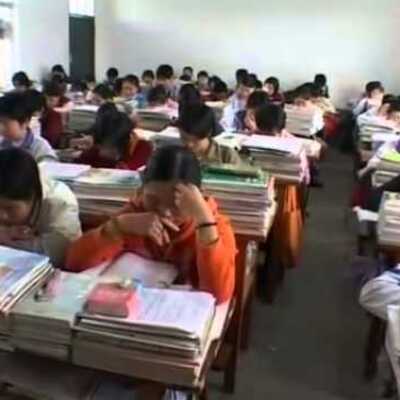
Third year of High School
Seventy-eight students from Fujian's Wuping No. 1 High School take the college entrance exam as the only way to enter university. This brutal puzzle shows us how teachers and students who regard grades as more important than anything else are bred under China's education system.
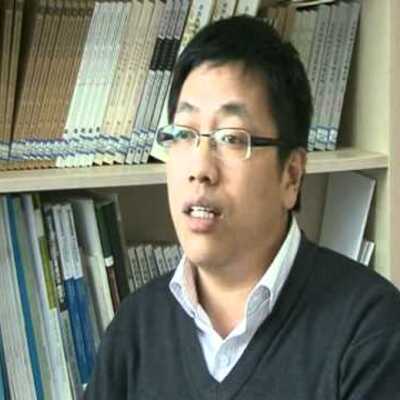
Working toward a Civil Society (Episode 41): Guo Yushan
How can China build a true civil society? Since 2010, independent director Tiger Temple has conducted a series of interviews with scholars and civil society participants.

River of Oblivion
In this film, the filmmaker accompanied volunteer Xie Yihui as she visited the parents of students who died in the 2008 Sichuan earthquake to find people with knowledge of the architectural blueprint of the Beichuan Middle School. This documentary presents the rise of earthquake tourism and records the mindset of volunteers, bereaved parents, and tourists at the anniversary of the earthquake. This film is interspersed with historical film materials of Beichuan Middle School’s building samples taken by parents in 2008, as well as architect Zhu Tao’s analysis of the construction drawings and building quality. It also shows the perceptions of mothers, teachers, and photographers.
This series of films are in Chinese with Chinese subtitles.
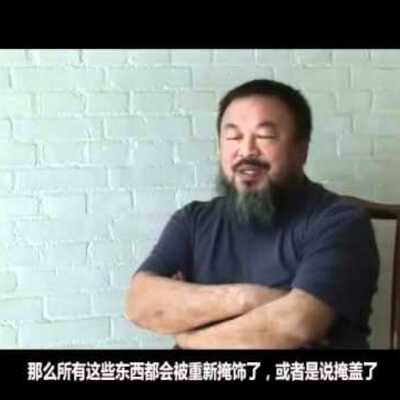
Working toward a Civil Society (Episode 10): Ai Weiwei
How can China build a true civil society? Since 2010, independent director Tiger Temple has conducted a series of interviews with scholars and civil society participants.
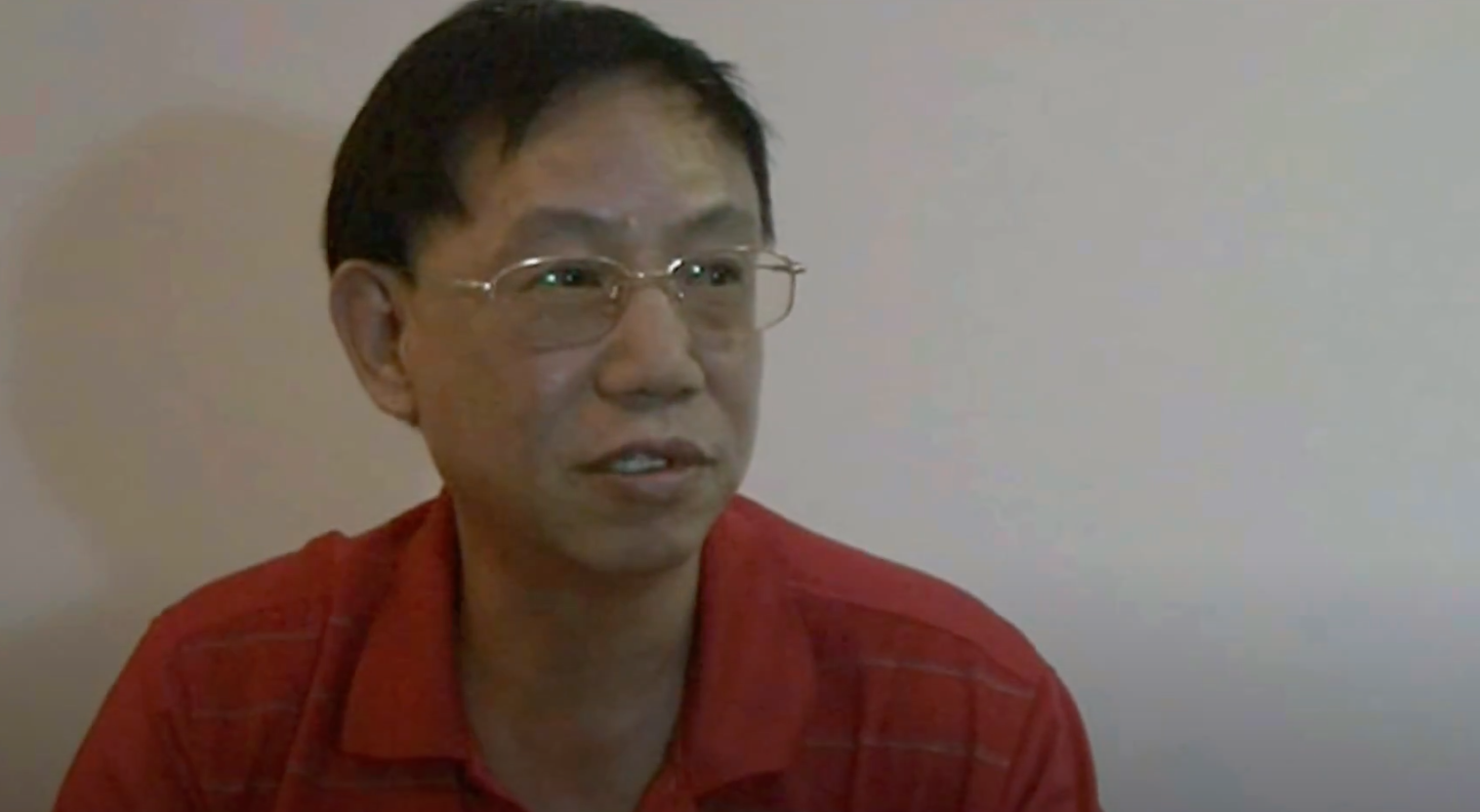
Working toward a Civil Society (Episode 51): Hu Shigen
How can China build a true civil society? Since 2010, independent director Tiger Temple has conducted a series of interviews with scholars and civil society participants.

Famine and Village: Who Starved Them to Death?
The author of this article, Chen Feng, was born in 1962. His hometown is Huang Sichong, Sanjia Brigade, Bainong Commune, Feidong County, Anhui Province. According to his records, in the winter of 1959 to the spring of 1960 during the Great Famine, his grandfather, grandmother, grandfather, grandmother's relatives and relatives, and countless members of his extended family and village, 57 people died of starvation.

Xiaoniao Literature - Shanghai Lockdown Special Issues
These three issues published by "Xiaoniao Literature" explore the experiences, emotions, and hardships of Shanghai residents during the COVID-19 lockdowns in 2022. From poetry and photography to opinion and satirical pieces, various writers bring to life the 2022 Shanghai lockdowns for the rest of the world.
"Xiaoniao Literature" publishes twelve issues with over 300 pieces in total per year. Its content includes short novels, opinion pieces, and poetry.
Click [here](https://www.bumingbai.net/2022/06/ep-004-yi-xianfeng-yang-ying/) for an interview by *Bumingbai Podcast* with Yi Xianfeng and Yang Ying, co-founders of *Xiaoniao Literature*.
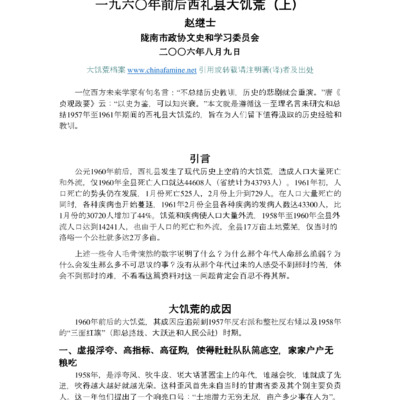
Special Collections |Famine and Counties (7): The Great Famine in Xili County around 1960
Around 1960, Xili County experienced a famine unprecedented in modern history, resulting in massive population deaths and an exodus, with 44,608 deaths in the county in 1960 alone (43,793 according to provincial statistics). In early 1961, the momentum of population deaths continued to develop, with 525 deaths in January, rising to 729 in February. Along with the massive population deaths, various diseases began to spread. Famine and disease caused a massive exodus of population. From 1958 to 1960 the exodus of population from the county reached 14,241 people. Also due to the death and exodus of population, 170,000 acres of land in the county were left barren, only one commune of Luoyu at that time had more than 20,000 acres.
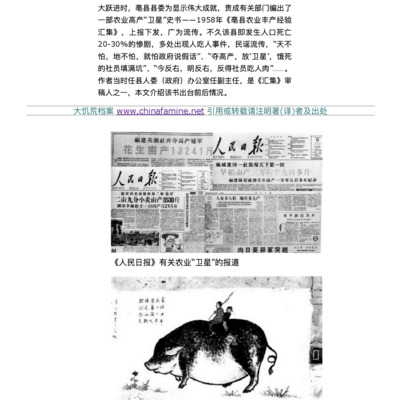
Special Collections |Famine and the county (5): Haoxian agricultural "satellite" experience collection official repair collection
The former Bo County (now Qiaocheng District, Bozhou City) in Anhui Province is located in the plains of northwest Anhui. During the Great Leap Forward in 1958, under the slogan of "how bold people are, how productive the land is," in Bo County, like everywhere else, generally produced agricultural high-yield "satellites." Afterwards, to show the great achievement, the county party committee instructed the relevant departments to compile a high agricultural yield "satellite" history book - 1958, <i>Bo County Agricultural Yield Experience Collection</i>, that was reported to the press and widely circulated. At that time, I served as deputy director of the county people's committee (government) office and was appointed by the county party committee as one of the reviewers. Now I would like to introduce the incredible circumstances for future generations with the the introduction of the history book *Collection*.
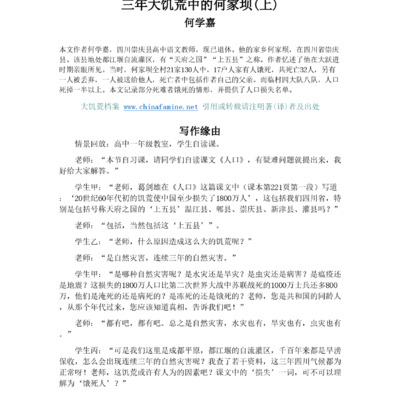
Special Collections |Famine and Village (1) Hejiaba in the Three-Year Famine
At the time of its writing, the author of this article, He Xuejia, was a retired high school language teacher in Chongqing County, Sichuan Province. His hometown, Hejiaba, is in Chongqing County, Sichuan Province. The county is located in the Dujiangyan Artesian Irrigation District and is known as the "Land of Heavenly Capital" and the "Upper Five Counties." The author recalls what he witnessed during the Great Leap Forward. At that time, Hejiaba village had 21 families of 130 people. 17 families starved to death, a total of 32 deaths, another person was abandoned, one was given to others, the deaths include the author's own father. As for the four major teams and eight teams in the adjacent village, more than half of the population died. This paper documents some of the deaths from starvation and provides a list of population losses.
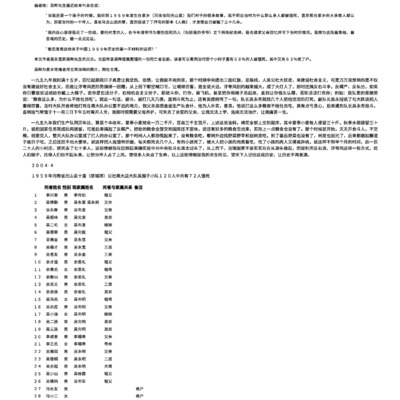
Specials Collections| Famine and Village (6) Memories of the 1959 Grain Shutdown
In 1959, out of 120 people in Wu Weizi Squad of Gao Dadian Brigade, Shili Commune, Guangshan County, Henan Province, 72 people died of starvation. Author Wu Yongkuan witnessed the deaths of his father and his fellow villagers. His son, Wu Ye, collected and organized a list of the dead, and readers can see that, at that time, 58% of the people in that small village died of starvation, and 63% of families died off with no descendants.
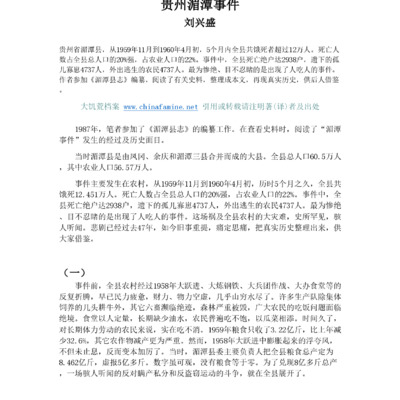
Special Collections |Famine and County (2): Guizhou Meitan Incident
In Meitan County, Guizhou Province, from November 1959 to early April 1960, more than 120,000 people starved to death in five months. The deaths accounted for more than 20 percent of the county's total population and 22 percent of the agricultural population. During the incident, 2,938 families died in the county, 4,737 orphans and widows were left behind, and 4,737 peasants went out to escape. The most tragic and horrible thing to witness was incidents of cannibalism. The author participated in the compilation of "Meitan County Records," read the relevant historical materials, and organized this article to reproduce the real history for future generations to learn from.